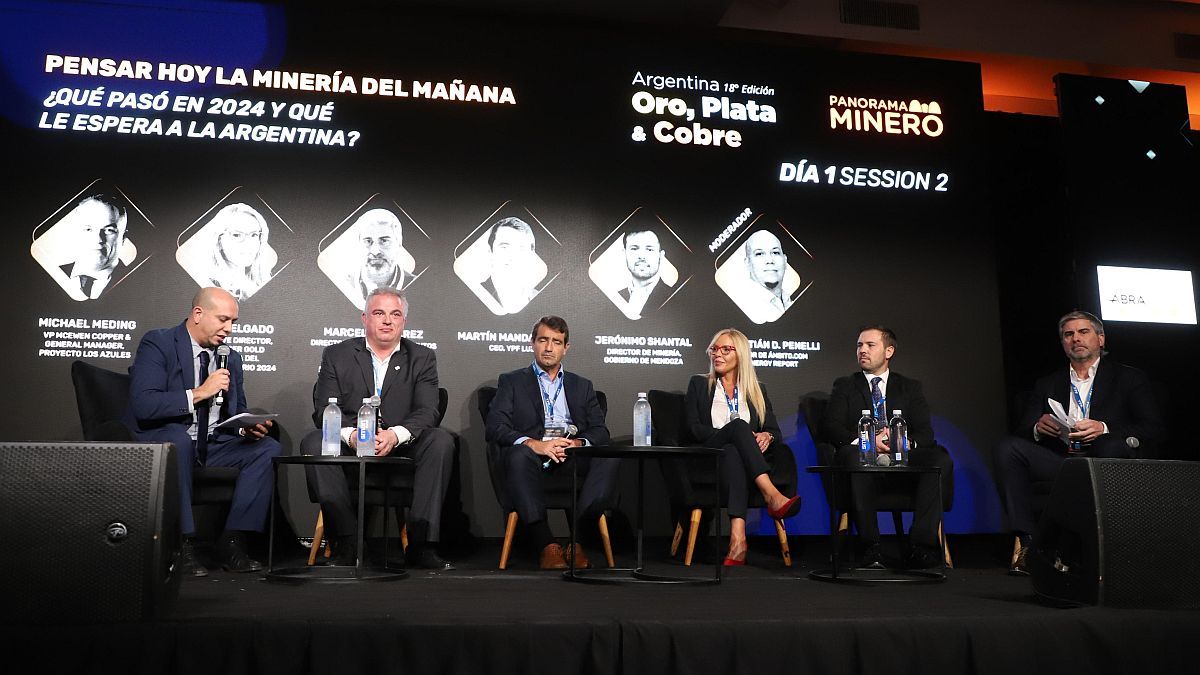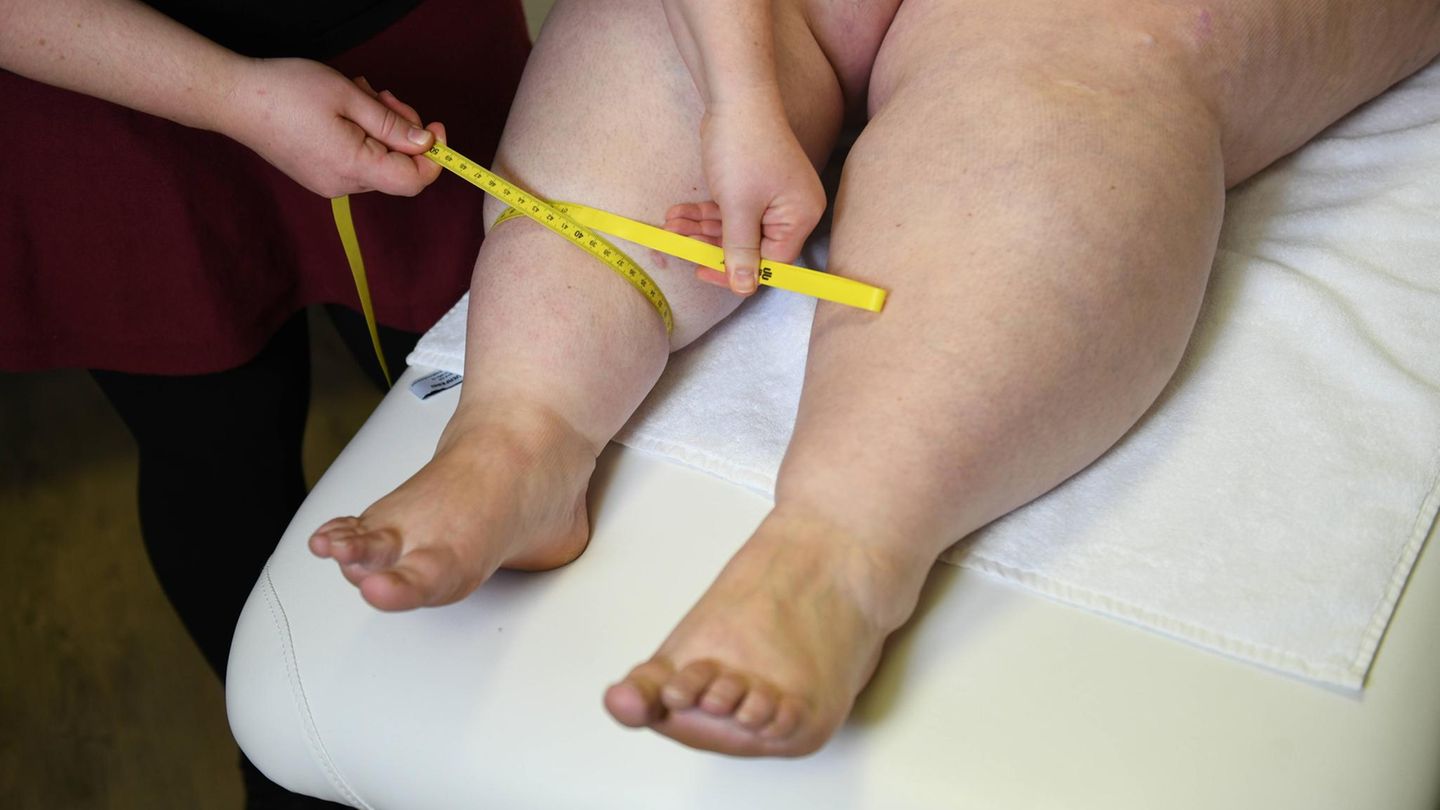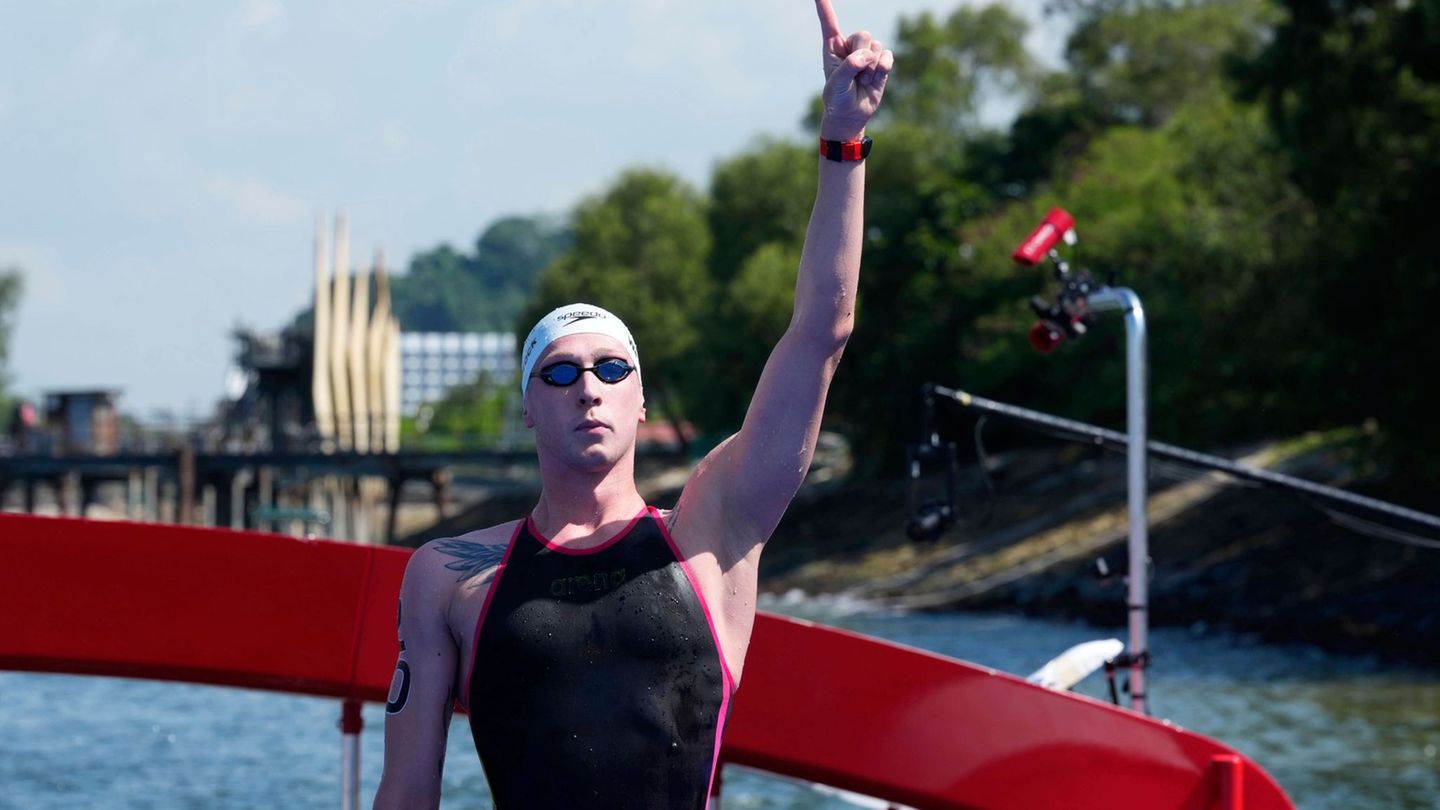Among the speakers’ coincidences, the approval of the RIGI for the development of mining projects was valued, the importance of Veladero as “School Mine”which makes it possible to have prepared suppliers in the province for upcoming projects, and it was asked to think about carrying out collaborative tasks between actors in the sector.
Michael Meding It celebrated being the second copper project that the DIA obtained in San Juan. When asked about the RIGI, he considered that “it is clearly essential to develop these large projects because it helps to reestablish the trust that has been lost, which is the main problem that the country has.”
image.png
Michael Meding, VP of McEwen Copper and general manager of the Los Azules project.
Meding announced that in The Blues is already preparing to apply for the Incentive Regime, and they have already met with the coordinating secretary of Energy and Mining, Daniel Gonzalez, and with the Secretary of Mining of the Nation, Luis Lucero. In this context, “Mike” announced that “in the next three months we are going to present ourselves” to RIGI: “The sooner we are in the Regime, the easier it will be to obtain financing.”
Regarding the Argentine mining future, the executive of German origin, but with more than 15 years of residence in the country, highlighted the enormous potential of Argentina, the great demand for minerals in the world and a geopolitical situation that can favor the local mining industry. .
Sonia Delgadoof the Hualilán gold project, highlighted the “very good year” that the Challenger Gold company had. When referring specifically to the San Juan project, he highlighted that “For the second consecutive year we have had the 100% neutral international carbon certification, which makes us a company that does sustainable mining.”
image.png

Sonia Delgado, executive director of Challenger Gold and President of the 2024 Honorary Committee. She is also VP, CEO and general manager of Hualilán.
When asked if Hualilán is going to join the RIGI, the mining executive explained that “they are going to do so, but they are evaluating the appropriate time to present themselves.”
The lawyer, the only woman in the hierarchical position of a mining company in Argentina, advocated in the future to continue along the lines of “attracting and maintaining investors, social license and working on the environmental aspect”, to face the “Gigantic opportunity, which we should not waste.”
Delgado showed his enthusiasm to achieve sustainable mining, without generating a mine dependency, since all mines have a life span. “We must give people the possibility that when the mine closes they will continue to have the same quality of life through another type of industry, with real growth and development,” he stated in the panel, which at times went back and forth. among the participants.
The director of Mining in Mendoza Jerome Shantal He highlighted the presence of the province at the meeting, a situation unthinkable a year ago, where Mendoza was not even considered on the national mining map.
image.png

Jerónimo Shantal, director of Mining of Mendoza.
Shantal told what the process was like since they started in 2019 to work on the modification of Law 7,722 that slowed down the activity. “It was sanctioned and we failed before the social movements, that law lasted ten days, but there were people in Malargüe who said ‘We want mining, we know and we have the potential,’” explained the official, which made them reflect and think about an alternative project. .
Since then, the Malargüe Mining Technical School had the idea of creating the “Malargüe Western Mining District”, an idea that the provincial government took to promote it. “That was taken, the plan was presented on May 6, then the report, and five months later the declaration was issued, which was ratified in the Legislature by a large majority. All of this happened in five months,” explained the director.
Today, a group of companies have 34 mining projects, which they are already exploring, with the legal security that everything was approved by law, without protesters opposing the industry.
Shantal assured that communication was key to carrying out mining in Mendoza. “It reached people and they were able to learn more, that was the battle we had lost in 2019 on social networks,” he remembered.
For its part, Marcelo Alvarezin charge of communication in Veladero, stated that thanks to the macroeconomic changes, among which are access to the capital and exchange markets, it helped “a lot” to extend the useful life of the mine.
image.png

Marcelo Álvarez, Executive Director of Public Affairs of Barrick Gold South America.
How great news he communicated, Álvarez announced that in 2024 Barrick will produce 500,000 ounces, with exports worth US$1.2 billion. “This also has to do with a significant impact on the value chain, where Veladero has more than 300 local suppliers, almost 100 from the two communities near the mine, about 200 from San Juan,” he commented.
Álvarez demystified the saying that “mining leaves nothing” in the country and explained that Veladero has an operating expense of purchasing from local suppliers for US$400 million, pays salaries for US$120 million and another US$120 million is to pay taxes. “More than 80% of what Veladero exports stays in the country,” he stated to the surprise of many present, who followed the panel with attention and enthusiasm.
In the future, Álvarez stated that the country lacks intergenerational thinking: what and how will society live on in 100 years, when these projects are exhausted? And he answered: “The responsibility of mining today is to create the conditions so that people in the future can live from something else, with the same quality of life that we generate today”he stated.
Martin MandaranoCEO of YPF Luz, described 2024 as an “important” year for the company. According to him, three renewable energy projects were started for around US$500 million.
image.png

Martín Mandarano, CEO of YPF Luz.
But he also highlighted the agreement signed with Los Azules for the supply of clean energy at the San Juan mine. “One of our objectives is to be close to those who can change the history of Argentina, such as the gold and copper sector, which needs a lot of energy.”he maintained, and along those same lines he emphasized that “if we do not manage to have cheap and efficient energy that reaches the mine, it will be difficult for us to have mining development.”
Among the challenges, Mandarano mentioned the maximum cost reduction for the development of projects, where thinking about energy is essential. But to achieve a real reduction, he said that collaboration between governments and companies will be needed, and gave as an example the construction of power lines together, with a collaborative dialogue, “trying to unite all the parties.”
That is what Argentine mining is about today, and that was also the objective of the panel of experts: analyze the present, debate the future, unite all parties.
Source: Ambito
I’m a recent graduate of the University of Missouri with a degree in journalism. I started working as a news reporter for 24 Hours World about two years ago, and I’ve been writing articles ever since. My main focus is automotive news, but I’ve also written about politics, lifestyle, and entertainment.




